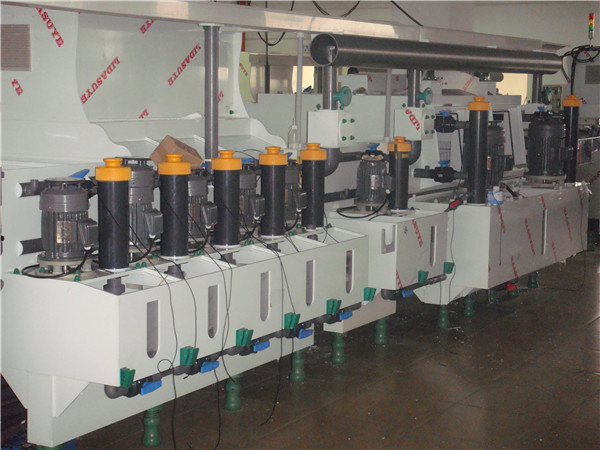Nov . 01, 2024 07:04 Back to list
PVC Sheet Applications and Benefits for Various Industries
Understanding PVC Plates Versatility and Applications
Polyvinyl chloride (PVC) plates have become increasingly popular in various industries due to their versatility, durability, and cost-effectiveness. These plates, made from a type of plastic known as PVC, find applications in fields ranging from construction to signage, packaging, and beyond. This article explores the characteristics, advantages, and uses of PVC plates, highlighting their significance in today's market.
Characteristics of PVC Plates
PVC plates are recognized for their unique properties, making them suitable for a wide range of applications. They are lightweight yet sturdy, offering excellent impact resistance. This resilience against physical damage makes PVC plates an attractive option for environments where durability is paramount. Additionally, PVC is resistant to moisture, chemicals, and UV rays, ensuring that the plates maintain their integrity and appearance over time, even when exposed to harsh conditions.
Another notable characteristic of PVC plates is their ease of fabrication. They can be easily cut, drilled, and shaped, allowing for flexibility in design and application. Manufacturers can produce PVC plates in various thicknesses and colors, catering to the specific needs of different industries. This adaptability has contributed to their popularity among designers, architects, and engineers.
Advantages of Using PVC Plates
The advantages of PVC plates extend beyond their physical properties. One of the primary benefits is their low cost compared to alternative materials such as wood, metal, or glass. This affordability allows businesses and individuals to implement PVC solutions without significantly impacting their budget.
pvc plate

Moreover, PVC plates are environmentally friendly in comparison to other plastics. Most PVC products are recyclable, which helps reduce waste and the consumption of raw materials. Advances in technology have also led to the development of more sustainable PVC products, aligning with the growing emphasis on eco-friendly practices in various sectors.
Another significant advantage is the low maintenance requirement of PVC plates. Unlike wood, which may rot, warp, or require regular staining or sealing, PVC plates can be easily cleaned with soap and water, maintaining their aesthetic appeal with minimal effort.
Applications of PVC Plates
The applications of PVC plates are vast and varied. In the construction industry, they are commonly used for cladding, waterproofing, and as substrates for countertops due to their resistance to moisture and chemicals. In signage, PVC plates provide an excellent medium for both indoor and outdoor displays, thanks to their weather resistance and vivid color options.
Additionally, PVC plates are used in packaging, particularly in food-related applications. Their properties ensure safety and hygiene, making them ideal for food storage and transportation. In the crafting and DIY arenas, PVC plates are popular among hobbyists and professionals alike, as they can be easily manipulated to create custom projects.
Conclusion
In summary, PVC plates represent a remarkable material with diverse applications across multiple industries. Their durability, cost-effectiveness, and ease of use contribute to their growing popularity. As technology advances and environmental considerations continue to shape consumer preferences, PVC plates are likely to remain a key player in the materials market for years to come.
-
25mm PVC Irrigation Pipe - Durable & Efficient Watering Solution for Farms & Gardens
NewsJul.05,2025
-
HDPE Culvert Pipe Supplier – Durable, Leak-Proof & Easy Installation Solutions
NewsJul.05,2025
-
High Transparency PVC Clear Sheet Super Transparency PVC Sheets & HDPE Cutting Board Supplier
NewsJul.04,2025
-
High-Quality PVC-M Pipe Supplier Trusted PVC Pipe Company & 75mm PVC Connection Pipe Solutions
NewsJul.04,2025
-
PVC Transparent Sheet Roll - Durable & Flexible PVC Plastic Sheet Roll for Industrial & Home Use
NewsJun.24,2025
-
High-Quality PVC PPR Pipes and Fittings Durable ERA PPR Solutions
NewsJun.10,2025

